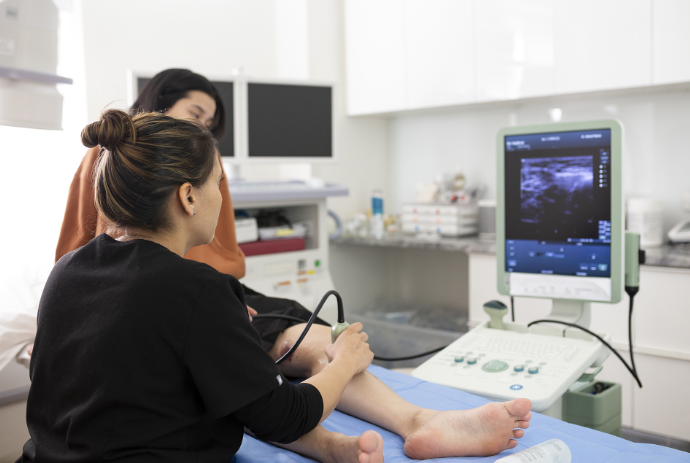What Varicose Vein Treatments are Typically Covered by Insurance?
Varicose veins, those twisted and enlarged veins often causing discomfort and aesthetic concerns, can be more than just a cosmetic issue. Many individuals wonder whether insurance covers treatments for varicose veins and what options are available to them. In this article, we'll explore the landscape of varicose vein treatments covered by insurance, shedding light on the intricacies and introducing the concept of a vein center.
Understanding Varicose Veins and Treatment Options:
Varicose veins occur when the valves within veins weaken, allowing blood to pool and veins to enlarge. While some may seek treatment for cosmetic reasons, others experience symptoms such as pain, swelling, and aching. The good news is that various treatments are available, offering relief and improved vein health.

Common Varicose Vein Treatments:
- Compression Stockings: Often the first line of defense, compression stockings apply pressure to the legs, helping improve blood circulation and alleviate symptoms. Insurance coverage for compression stockings is generally straightforward, as they are considered a conservative and non-invasive treatment.
- Sclerotherapy: This minimally invasive procedure involves injecting a solution directly into the affected veins, causing them to collapse and fade over time. Sclerotherapy is typically covered by insurance when deemed medically necessary, especially if varicose veins cause symptoms or complications.
- Endovenous Laser Ablation (EVLA) or Radiofrequency Ablation (RFA): These procedures use laser or radiofrequency energy to seal off faulty veins, redirecting blood flow to healthier veins. When varicose veins lead to pain, swelling, or ulcers, insurance is more likely to cover EVLA or RFA as they address medical concerns.
- VenaSeal™ Closure System: VenaSeal™ is a relatively new treatment that involves injecting a medical adhesive into the affected vein, sealing it shut. Insurance coverage may be provided for this procedure if it is deemed medically necessary.
Are Varicose Vein Treatments Covered By Insurance?
The coverage of varicose vein treatments largely depends on the medical necessity of the procedure. If the condition causes pain, discomfort, or other symptoms that impact daily life, insurance providers are more likely to consider coverage. Cosmetic concerns, on the other hand, may not be sufficient grounds for coverage.
Insurance providers often require documentation from healthcare professionals, detailing the medical necessity of the treatment. This may include reports on symptoms, ultrasound results, and other diagnostic information. It's essential for patients to work closely with their healthcare providers to ensure proper documentation for insurance claims.

What is a Vein Center?
Now, let's delve into the concept of a vein center. A vein center is a specialized medical facility that focuses on the diagnosis and treatment of venous disorders, including varicose veins. These centers are staffed by vascular specialists who have expertise in evaluating and managing vein-related conditions.
Vein centers often offer a range of treatment options, from conservative approaches like compression therapy to advanced procedures such as endovenous laser ablation. The advantage of seeking treatment at a vein center is the comprehensive care provided by specialists who understand the intricacies of venous conditions.
Choosing a vein center with experienced healthcare professionals increases the likelihood of proper documentation for insurance claims. Moreover, these centers are equipped with the latest technology and techniques, ensuring that patients receive optimal care for their specific needs.
Conclusion:
In the realm of varicose vein treatments, understanding insurance coverage is crucial for individuals seeking relief from both medical symptoms and cosmetic concerns. From compression stockings to advanced procedures, insurance coverage hinges on the medical necessity of the treatment. Collaboration between patients, healthcare providers, and insurance companies is vital to navigate the complexities of coverage.
Moreover, the emergence of vein centers provides a specialized approach to the diagnosis and treatment of varicose veins. These centers offer a holistic experience, combining expertise in venous disorders with cutting-edge technology. As individuals explore their options for varicose vein treatments, a visit to a reputable vein center may be a pivotal step towards achieving both vein health and peace of mind.
Comments
Post a Comment